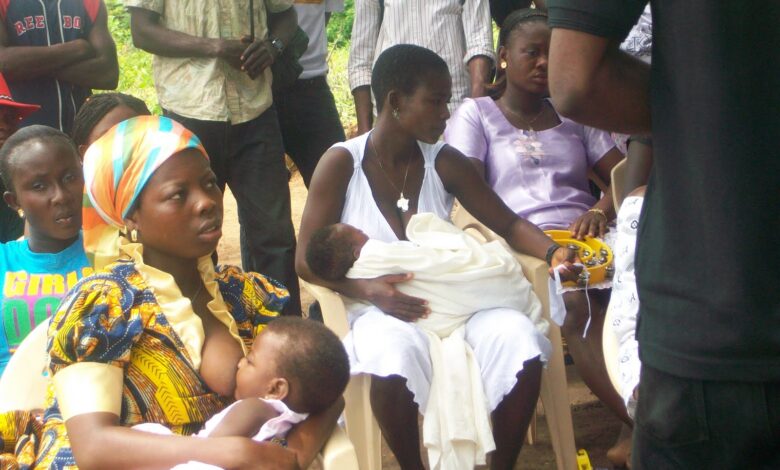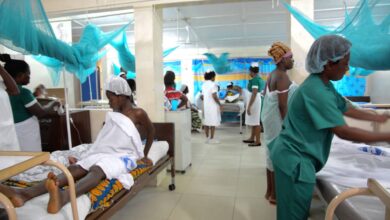UNICEF Urges Ghana to Build Stronger Breastfeeding Support Systems as Health Data Stagnates

As Ghana joins the global celebration of World Breastfeeding Week, UNICEF is calling for a national shift from awareness to action, urging all sectors, government, businesses, and communities, to prioritise sustainable systems that empower mothers to breastfeed successfully.
The 2025 campaign, themed “Breastfeeding: Building Systems for Lifelong Health”, places a spotlight on Ghana’s ongoing challenges with exclusive breastfeeding, despite years of health promotion efforts.
According to national data, the exclusive breastfeeding rate for infants under six months remains stagnant at 52.6%, with concerning regional disparities. In Greater Accra, Ahafo, and Eastern regions, more than half of babies do not begin breastfeeding within the recommended first hour of life.
“The statistics tell us that awareness alone is not enough. We need to build systems, legal, workplace, community, and healthcare, that support mothers at every step of their breastfeeding journey,” UNICEF Ghana emphasized.
One major milestone in this effort has been the passage of L.I. 1667, a law that prohibits the aggressive marketing of formula and bottle-feeding alternatives in health facilities. It also encourages exclusive breastfeeding for the first six months and continued breastfeeding alongside complementary foods for up to two years or beyond. To boost enforcement, the Food and Drugs Authority (FDA) has introduced a QR Code system that allows the public to report violations.
Yet, gaps remain. The median duration of exclusive breastfeeding is just 2.9 months nationwide, far below the WHO-recommended six months. In Western North, the average is only one month.
UNICEF is supporting the government with capacity-building for skilled health worker counselling, workplace breastfeeding policies, and stronger community networks. “No mother should have to navigate breastfeeding challenges alone,” the agency said.
Experts note that improving breastfeeding rates is not only a health issue but an economic imperative. Every $1 invested in breastfeeding yields $35 in returns through improved child health, reduced disease burden, and long-term productivity.
To turn the tide, UNICEF is urging:
-
Increased government funding for breastfeeding programs
-
Full implementation of the Code on marketing breastmilk substitutes
-
Stronger support systems in health facilities and communities
-
Greater corporate responsibility in protecting breastfeeding rights at work
As Ghana continues to fight child malnutrition and maternal health challenges, advocates say sustainable breastfeeding support is foundational to achieving long-term public health and economic growth.




